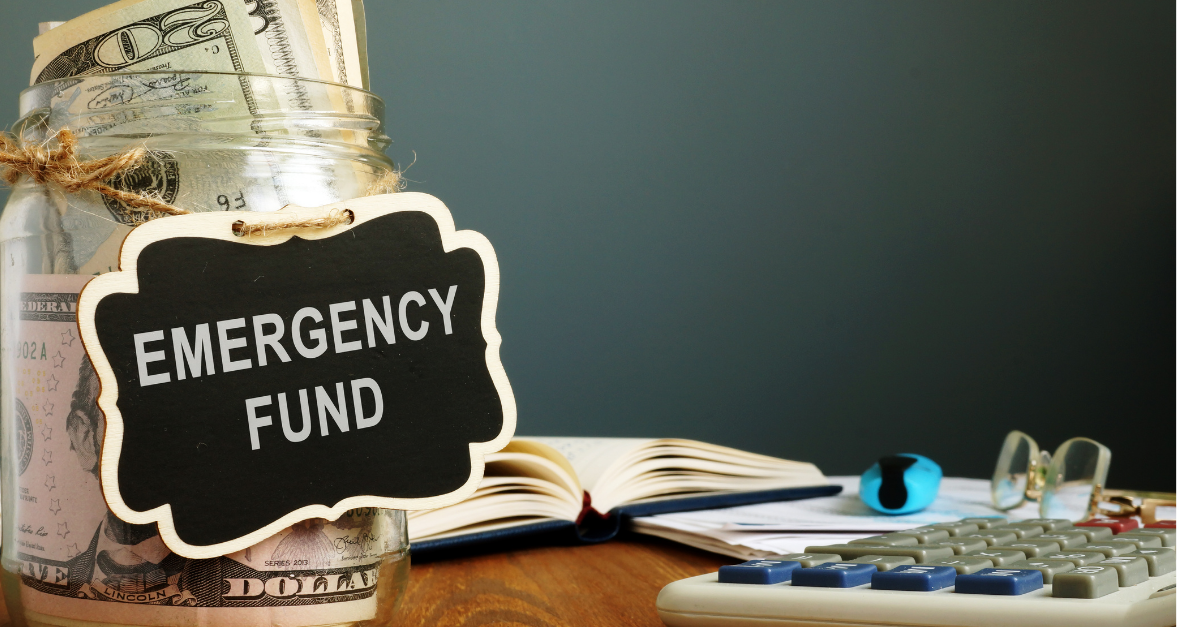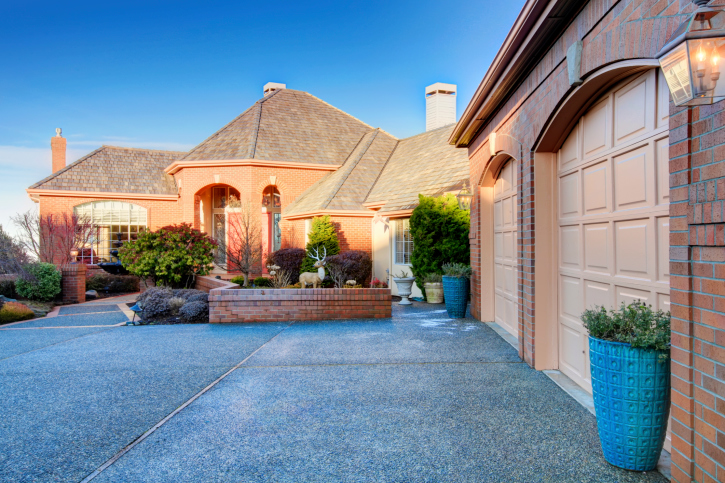
There’s almost a guarantee that at some point in the future you’re going to face an emergency. Like most things in life, that emergency is going to require money to solve. You can’t assume that you’ll have the funds to face the emergency when it happens. You can’t even assume that you’ll have enough on your credit cards to pay for it. The only safe way to plan is to have an emergency fund.
What Is An Emergency Fund?
An emergency fund is a reserve of cash set aside for emergencies only. It’s not a savings account, because you’re not saving up for anything in particular like a new sofa or a dining set. It’s strictly money on hand to be used in an emergency.
What Constitutes An Emergency
As a homeowner, you could face any number of emergencies regarding your property. An emergency is something unexpected and urgent. In other words, you couldn’t foresee it happening, yet it needs to be taken care of right away. Examples of homeownership emergencies are:
- Basement floods and needs to be drained and contents cleaned
- Tree falls on roof, and you can’t wait for insurance check
- Furnace dies in the middle of winter
- Central air system dies and there’s a high deductible on your insurance policy
- Water tank gives out a week before your big family holiday
How To Manage an Emergency Fund
The key thing about an emergency fund is that it needs to be instantly accessible. Instantly accessible means you should only have to use your debit card or write a check to use it. You shouldn’t have to sell stock or transfer money out of your retirement IRA. It should also be kept separate from other funds, so it doesn’t get confused with the Christmas gift fund or the college fund.
Why Have An Emergency Fund?
Emergencies shouldn’t cause catastrophic damage to your finances. With consistent, small saving habits, you can build up an emergency fund so you can easily and readily take care of maintaining and repairing your home. This is part of good homeownership. When you have an emergency fund, you know that you can always keep your home in tip-top shape.

 If you’re just jumping into the game of home purchasing, you are likely considering all of your loan options and may even have heard the term mortgage rate lock. For those who don’t like to gamble, a mortgage rate lock can offer a bit of reassurance, but there are also some downsides to this type of protection. Before signing off on this, here are the details on rate locks so you can make an informed decision.
If you’re just jumping into the game of home purchasing, you are likely considering all of your loan options and may even have heard the term mortgage rate lock. For those who don’t like to gamble, a mortgage rate lock can offer a bit of reassurance, but there are also some downsides to this type of protection. Before signing off on this, here are the details on rate locks so you can make an informed decision. Last week’s scheduled economic reports included readings on inflation, Fed Chair Jerome Powell’s testimony before the House Financial Services Committee, and the University of Michigan’s Consumer Sentiment Index. Weekly readings on mortgage rates and jobless claims were also released.
Last week’s scheduled economic reports included readings on inflation, Fed Chair Jerome Powell’s testimony before the House Financial Services Committee, and the University of Michigan’s Consumer Sentiment Index. Weekly readings on mortgage rates and jobless claims were also released. Mortgages are expensive, and closing costs only add to the financial burden that homebuyers face. But with a little knowledge, you can pinpoint places to save on your mortgage closing costs and keep more money in your pocket. When you’re negotiating your next mortgage, use these tips to reduce required closing costs and keep more of your hard-earned money.
Mortgages are expensive, and closing costs only add to the financial burden that homebuyers face. But with a little knowledge, you can pinpoint places to save on your mortgage closing costs and keep more money in your pocket. When you’re negotiating your next mortgage, use these tips to reduce required closing costs and keep more of your hard-earned money. Curb appeal is important in the home sales process, and this is because it will impact the overall first impression that potential home buyers have about the property. Some homeowners can easily spend a small fortune and a considerable amount of time improving curb appeal, but others may be looking for faster and easier results. The good news is that boosting curb appeal is easy and affordable to do when these three tips are followed.
Curb appeal is important in the home sales process, and this is because it will impact the overall first impression that potential home buyers have about the property. Some homeowners can easily spend a small fortune and a considerable amount of time improving curb appeal, but others may be looking for faster and easier results. The good news is that boosting curb appeal is easy and affordable to do when these three tips are followed.